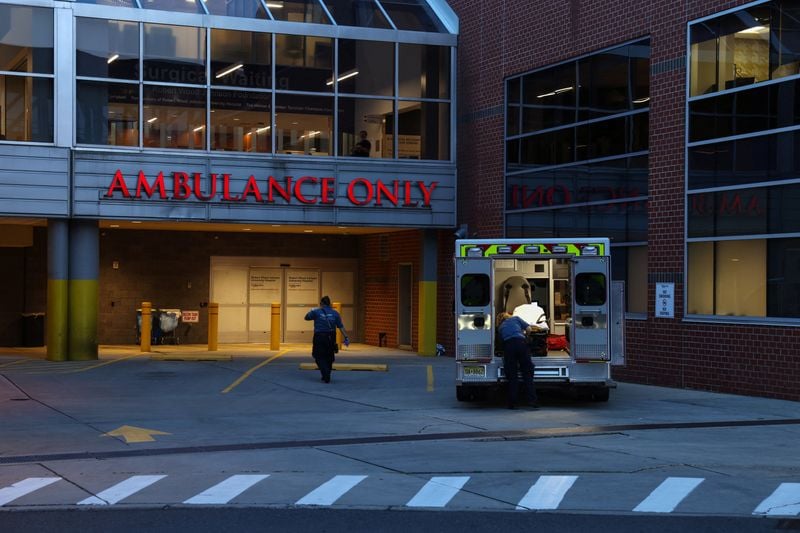
Parkinson's disease
Parkinson’s disease (PD) affects around 10 million people globally, making it the second most common neurodegenerative disorder. With prevalence expected to double by 2030, early recognition and intervention are more important than ever. PD causes progressive motor symptoms – bradykinesia, rigidity, postural instability, and tremor – alongside non-motor symptoms, like pain, sleep disturbances, autonomic dysfunction, and neuropsychiatric disorders. Non-motor features often precede motor signs and significantly impair quality of life.
What are the risk factors for Parkinson’s disease?
Several risk factors contribute to the risk of developing PD:
- Advancing age – the strongest risk factor
- Sex – men are more susceptible than women (prevalence ratio ~3:2)
- Genetics – over 90 genetic risk loci have been identified
- Environmental exposures – pesticides and water pollutants
- Behavioral factors – head trauma may increase risk; coffee, exercise, and tobacco use may be protective
How is Parkinson’s disease diagnosed?
PD is diagnosed clinically, based on characteristic motor symptoms and the absence of features suggesting alternative diagnoses. The Movement Disorder Society (MDS) criteria are widely used. This approach may evolve, as α-synuclein seed amplification assays show promise in distinguishing PD from healthy controls and indicating disease stage.
How is Parkinson’s disease treated?
PD is managed with pharmacologic therapies, including dopamine replacement and dopamine agonists, alongside non-pharmacologic approaches (physiotherapy, exercise, speech therapy). Deep brain stimulation is used in some cases.
What are the unmet needs in Parkinson’s disease care?
Unmet needs in PD care include the challenge of early and accurate diagnosis, particularly during the prodromal phase, where symptoms are subtle and overlap with other conditions. Despite advances in genetic profiling, imaging, and biomarker development, no definitive diagnostic test exists for early-stage PD. Treatment remains symptomatic, with no cure or preventative therapy. There is also a need for better classification of PD subtypes to support earlier interventions and personalized care.
Developed by EPG Health for Medthority, independently of any sponsor.
Exercise for treating Parkinson’s disease
This short article reviews the role exercise plays in reducing the risk of Parkinson’s disease, and in improving motor symptoms associated with the disease.


